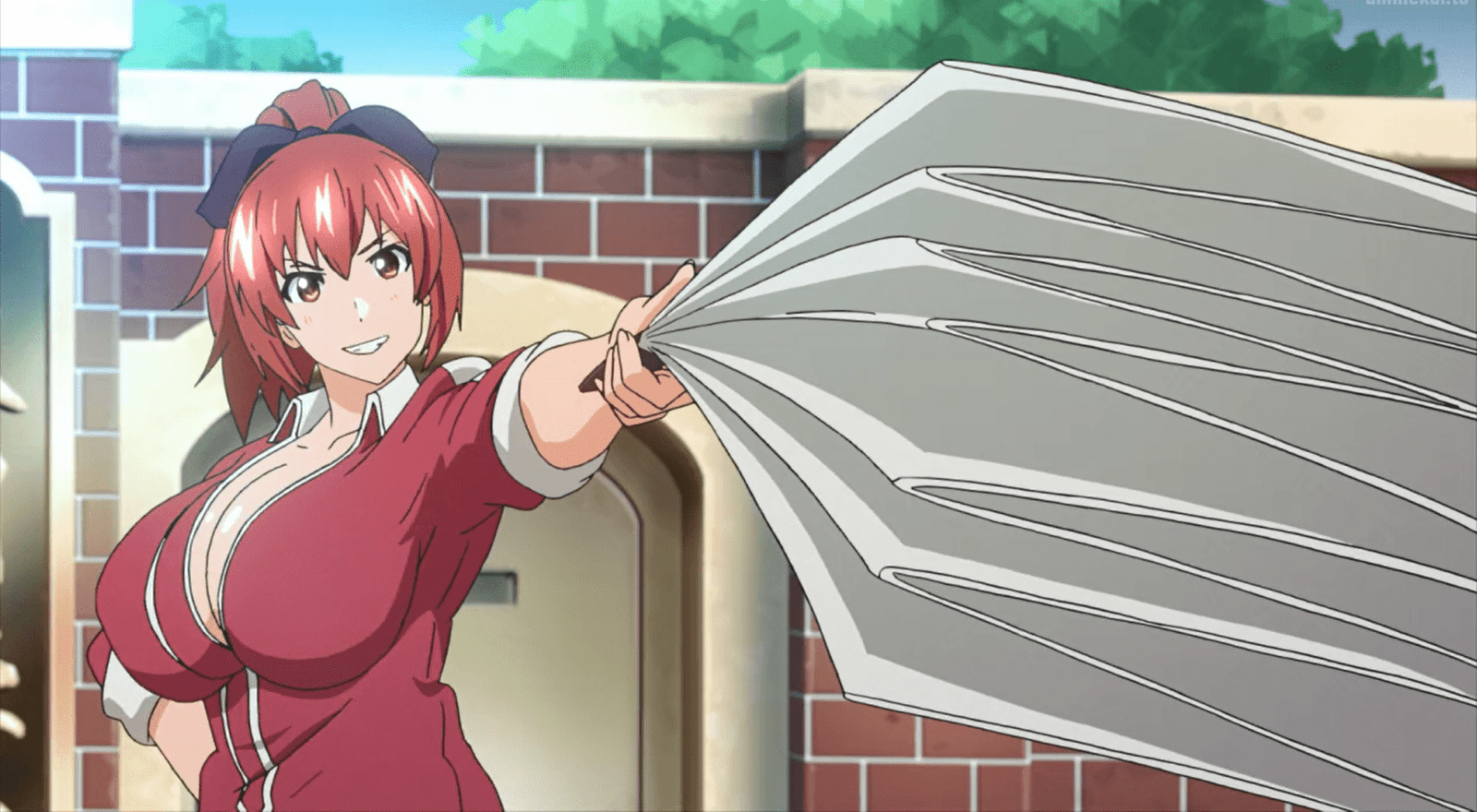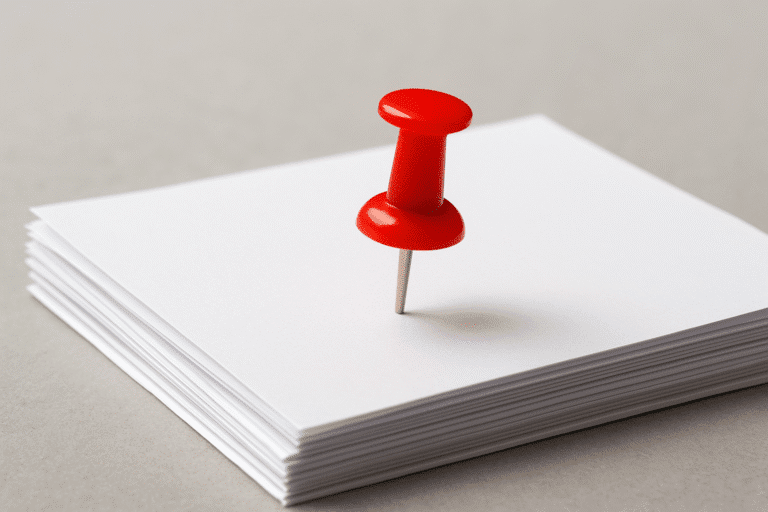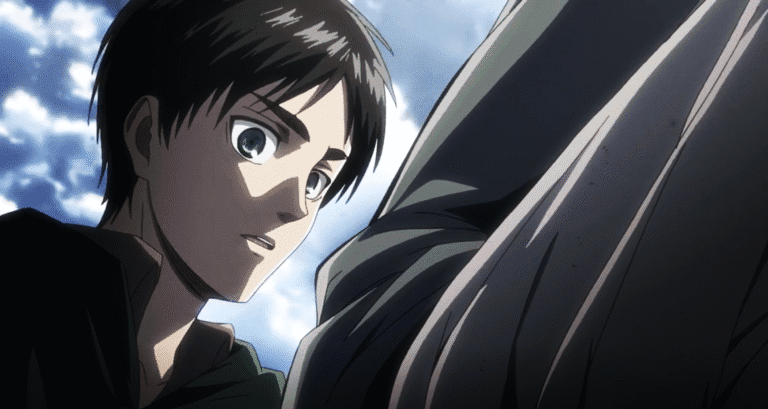What Is the Ecchi Genre
Ecchi (えっち or エッチ) is a Japanese slang term that generally means “lewd,” “naughty,” or “racy.” In the context of anime and manga, the ecchi genre describes works that include sexualized content and fanservice, suggestive situations, revealing camera angles, accidental exposures, flirtatious banter without crossing into explicit sexual activity. Think teasing and implication rather than graphic sex scenes. The word itself comes from the pronunciation of the letter “H” in Japanese (エイチ → えっち), shorthand for hentai (変態), which literally means “pervert.” Over time, ecchi has become the milder, mainstream label while hentai now denotes pornography and explicit content.
Ecchi’s presence in anime and manga goes back decades. Early mainstream shows used suggestive comedy as a running gag (Ranma ½, Urusei Yatsura). As commercial anime expanded in the 1990s and 2000s, ecchi became a recognizable sub-market — light novels and shōnen series began using risqué imagery to sell magazines and DVDs. Cultural context matters. Japan’s regulatory approach treats non-explicit nudity more permissively than Western markets, so depictions that feel racy in the U.S. or Europe might be normalized in Japanese broadcasting. That said, broadcasting standards, ratings boards, and publishers still apply restrictions; many ecchi scenes are censored, bleeped, or only shown in later home-video releases.
Ecchi vs. Hentai vs. Fanservice
- Ecchi: Suggestive, comedic, often titillating but non-explicit. Meant for entertainment, not arousal as the primary goal.
- Hentai: Explicit sexual content; pornographic by intent.
- Fanservice: Any content designed to please fans (not necessarily sexual) — ecchi is a type of sexual fanservice, but fanservice can also be non-sexual (e.g., cameos, power poses).
Why creators use ecchi
- Attention & sales: Risqué images sell magazines and Blu-rays.
- Tension & characterization: Teasing situations can build romantic tension or reveal awkward aspects of a character.
- Comedic payoff: Physical comedy built around embarrassment is a long-standing trope in anime.
Controversies & criticism
- Objectification: When characters (often women) exist primarily for sexual display, that’s exploitative.
- Consent issues: Jokes about non-consensual touching or sexual coercion are rightfully criticized.
- Audience mismatch: Sometimes ecchi is marketed toward younger viewers, which raises ethics and rating concerns.
Ecchi is a flexible genre element: sometimes playful, sometimes problematic. When done thoughtfully it can add humor, tension, or spice to a story; when done carelessly it can feel exploitative or tone-deaf. As a reader, viewer, or creator, the healthiest approach is informed curiosity enjoy what you like, question what feels off, and support content that treats characters with agency and respect.
Image Credit Xebec







